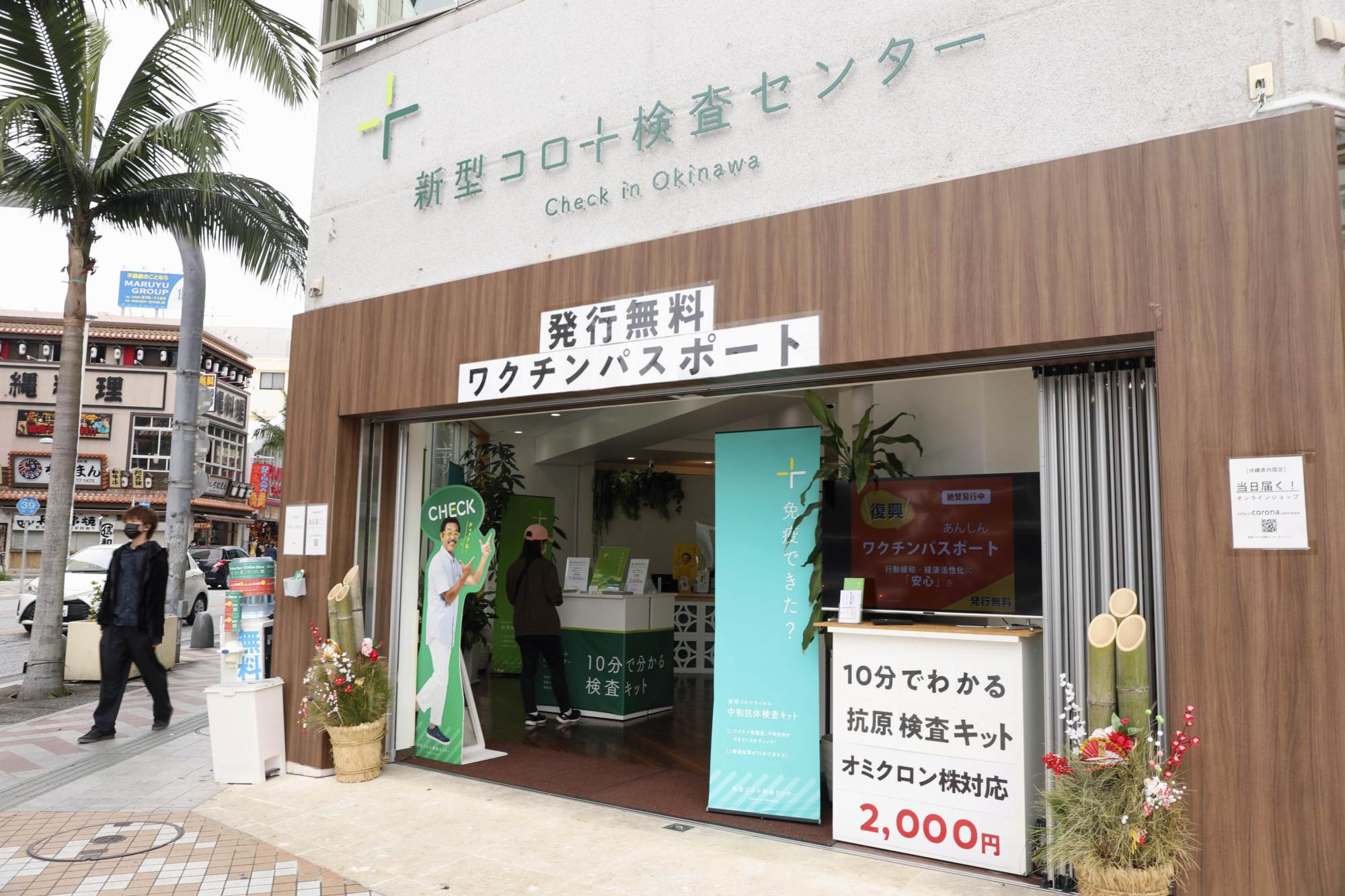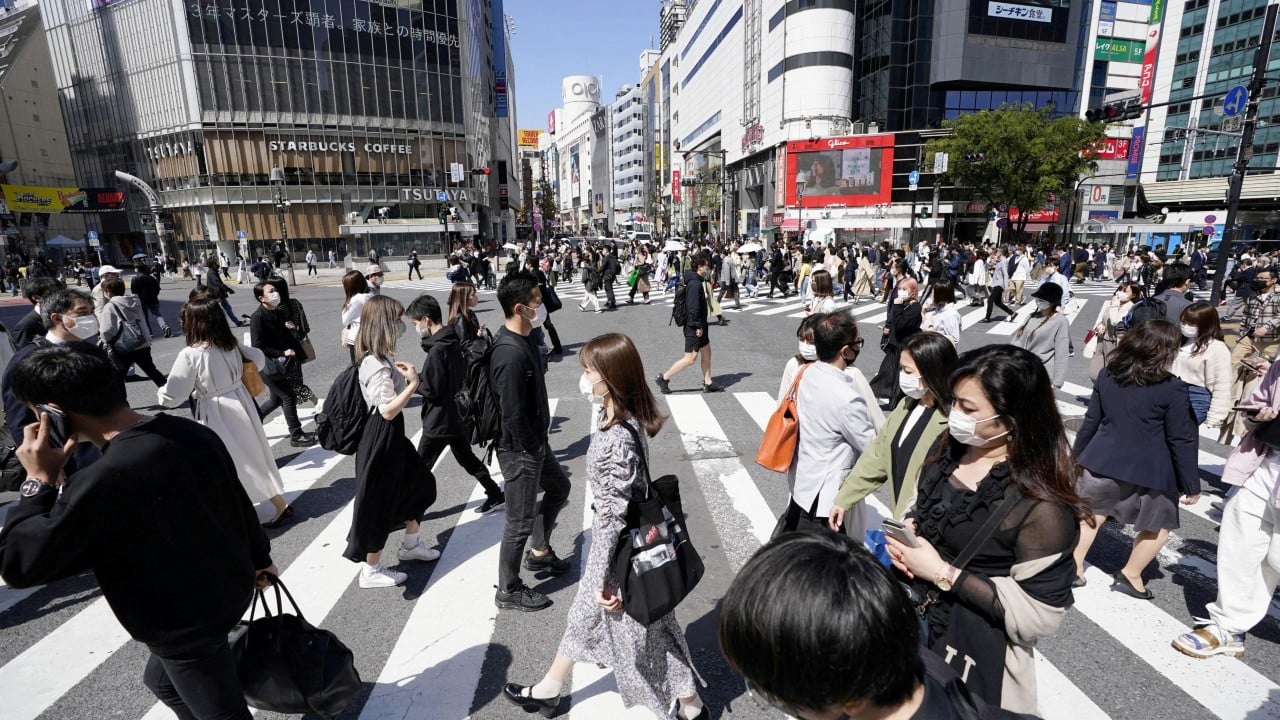Japan is grappling with a new and highly contagious coronavirus variant that is fuelling the country’s 11th wave of Covid-19 infections, health experts warn.
The KP. 3 variant is spreading rapidly, even among those who are vaccinated or have recovered from previous infections, according to Kazuhiro Tateda, president of the Japan Association of Infectious Diseases.
“It is, unfortunately, the nature of the virus to become more resilient and resistant each time it changes into a different form,” Tateda told This Week in Asia. “People lose their immunity quite quickly after being vaccinated, so they have little or no resistance.”
Tateda, who sits on Japan’s advisory panel formed at the start of the pandemic, said the coming weeks will be critical as authorities monitor the variant’s spread and impact.
While hospitals have reported a sharp uptick in Covid-19 admissions, Tateda said he is “relieved that not many of these cases are severe”. Typical symptoms of the KP. 3 variant include high fever, sore throat, loss of smell and taste, headaches, and fatigue.
According to the health ministry, medical facilities across Japan logged a 1.39-fold – or 39 per cent – increase in infections from July 1 to 7, compared to the previous week.

Okinawa prefecture has been the hardest hit by the new strain of the virus, with hospitals reporting an average of nearly 30 infections per days. The KP. 3 variant has accounted for more than 90 per cent of Covid-19 cases nationwide, the Fuji News Network reported, leading to renewed concerns about bed shortages at medical facilities.
Since Japan’s first detected Covid-19 case in early 2020 involving a man who returned from the Chinese city of Wuhan, East Asian nation has recorded a total of 34 million infections and around 75,000 related deaths. The country’s Covid-19 caseload peaked on August 5, 2022, when more than 253,000 people were receiving treatment.
Japan’s uptick in cases coincides with similar increases being observed globally. In the US, the Centres for Disease Control and Prevention reported a 23.5 per cent week-over-week rise in the number of people visiting hospitals with Covid-19 symptoms during the week ending July 6.
High-profile US.figures such as President Joe Biden and Doug Emhoff, husband of Vice-President Kamala Harris, have recently tested positive and gone into isolation. Meanwhile, several riders in the ongoing Tour de France cycling race have also returned positive test results.

Experts say it is too early to determine the full impact of the new variant on Japanese businesses or cross-border activities like travel. Precautionary measures are already in place at the country’s air and seaports to monitor the health of incoming arrivals. However, the global spike in cases may deter some Japanese from venturing abroad this summer.
A recent survey by Nippon Life insurance found that just 3.2 per cent of Japanese plan to travel abroad in the coming months, which is likely to depress annual travel figures once again. In 2023, Japan saw 9.62 million outbound travellers, a recovery after three years of extremely low pandemic-era numbers, but still far below the 20.01 million outbound travellers recorded in 2019.
Despite the latest surge, infectious disease expert Tateda insists there is no need for panic in Japan. However, he emphasised the importance of following precautions implemented during the pandemic’s peak, such as mask-wearing in public, handwashing, and social distancing.
Tateda also stressed that anyone testing positive should immediately isolate themselves.


